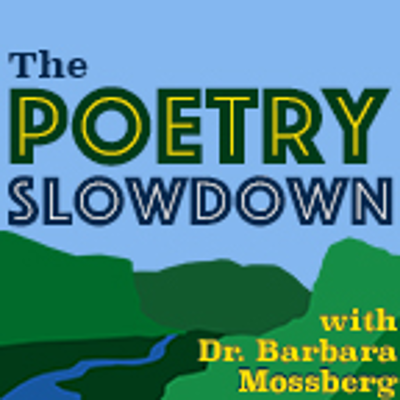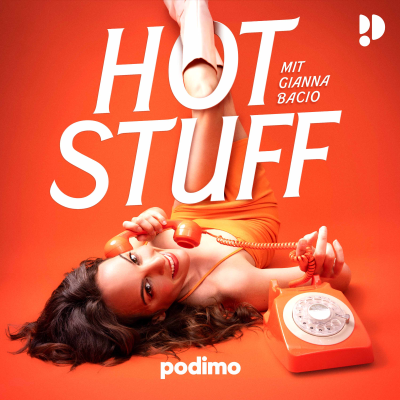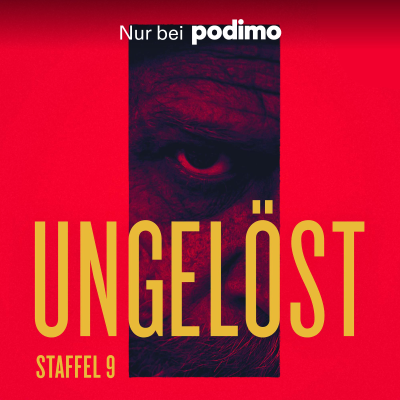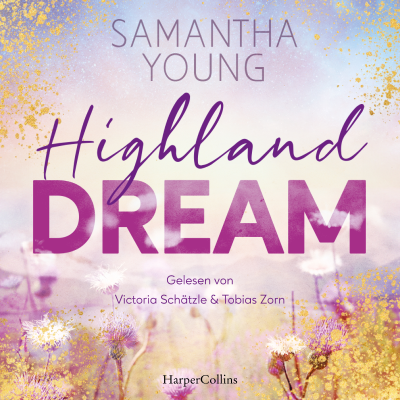
Dr. Barbara Mossberg » Podcast Feed
Englisch
Kostenlos bei Podimo
Kostenlos hören bei Podimo
Starte jetzt und verbinde dich mit deinen Lieblingspodcaster*innen
- Vertraut von über 1 Mio. deutschen Hörer*innen
- Über 1.000 lokale Podcasts und Shows – nur bei Podimo
- Keine Zahlung nötig
Mehr Dr. Barbara Mossberg » Podcast Feed
Poet in Residence, Pacific Grove California
Alle Folgen
304 FolgenWhat would Rumi do and say? Finding the rhyme in your day and Other Ways to SLOW DOWN for Pete’s Sakes and All That’s at Stake! (After our show today, when people say, how did you spend this hour, you can say, oh, I slowed down rhyming with a whale.) (And Rumi would say, And that’s a good thing! And with a horse!)
First of all, welcome to our PoetrySlowDown you’re slowing down with me, Professor Mossberg, aka Dr. B, with our Producer Zappa Johns, and the idea for the show is from Simon and Garfunkle’s 59th Street Bridge Song slow down, you move too fast, you’ve got to make the morning last. This show began as AM Talk Radio on 540AM, KRXA, and people called in from all over the U.S. and from several countries, and it was very ironic it was at noon, and so I thought that we would make the morning last, literally, by slowing down with poetry . . . There was news at the top of the hour, and I thought of time that way, as a shape, as a space, as a ball, and it was 54 minutes in diameter, although in my head it was an hour. I had three breaks for commercials, and it had to be exactly scheduled. So here I was, providing a time and place for people to slow down in their daily lives, and make the morning last, literally, and metaphorically for those on the east coast and Midwest and overseas, and I was hurrying, panting, a mile-a-minute trying to fit all the words in by the time it would go silent and the news, the late-breaking, heartbreaking news go on, eclipsing our heart-shaking news WITHOUT WHICH MEN DIE MISERABLY EVERY DAY (William Carlos Williams), so it was kind of paradoxical. Slowing down at breakneck speed. It was funny, too, because Paul Simon’s lyrics about slowing down were specifically about being a poet, engaging with the world that way: Hello, lamppost, whatcha knowin? I’ve come to watch your flowers growin, ain’t ya got no rhymes for me . . . So he’s looking around his world, totally relaxed and chill, counting on rhymes, on the prowl and amble for poetry around every corner. I was thinking about rhymes . . . they are sort of a miracle! How words that seemingly have nothing to do with each other sound alike, and thus call each other to mind as if they are actually connected. And so the brain thereby connects them. And each carries a meaning, something we can visualize–an object, an experience, a feeling, an idea, and to see such words rhyme, we instantly are connecting them, seeing how they relate. I was just reciting e.e. cummings’ “I thank You God for this amazing” for my eco literature class, and by saying it out loud, you apprehend rhymes you might not notice by sight on the page. I’ll say it for us, since it is definitely a New Years’ Poem, a new day, new decade, new life, waking up poem. Since it’s a sonnet, it has a formal rhyme scheme; every other line’s last word rhymes, in theory . . . thus, we have amazing and everything; trees and yes; earth and birth; day and gay; no and You; awake and, and opened. These rhymes make us understand the message, cummings’ gospel, that everything is amazing. This is a fairly not subversive, but radical proposition for the mind: a human responsibility to experience wonder, awe, reverence, astonishment, without boundaries, unconditionally. The final couplet almost gets by us: awake and/opened. It took me a few years to notice this, reading it and reciting it. I know! And so you think how brilliant, how clever cummings is, in his physics ministry, to make us get this connection between being awake and opened, in the sense of Henry David Thoreau and Diane Ackerman’s A Natural History of the Senses–do you know this book? She has a slew of books on the neuroscience of consciousness from the point of view of poetry she is as lyric as they come a Pablo Neruda a sensual visualist; she is earthy, she smacks of earth-smells, of moss and rain and honeysuckle; she is intense and her point is that if we open ourselves to our world, we experience the beauty, the reverence.We hear Dolly Parton’s song, sung with Willie Nelson, “Everything Is Beautiful In Its Own Way.”And there is a method I am learning from an artist at the University of Madrid, Rosalinda Ruiz-Scarfuto, the Flaneur method, which p[...]
Elation Equation: And We Shall Be A Mighty Kindness (Rumi) or, e=mc² Explained–A Special Theory of Relativity
As we consider Emerson (whom the late Harold Bloom called “God”) and Einstein, and Astra theology, and what is known about the universe in ancient and emergent minds, considering human and civil rights, peace, and the environment (Peace! Love! Freedom! Happiness!) … Continue reading → [http://www.barbaramossberg.com/elation-equation-and-we-shall-be-a-mighty-kindness-rumi-or-emc%c2%b2-explained-a-special-theory-of-relativity/]
How Is It That Pumpkins Are Orange Coming Out of Soil?
Let us consider poetry as necessary for life as soil. Just because nutritious soil is necessary to life, all our lives on earth, does not mean it is not downright miraculous. A little clay here, rock there, dust, remains, odds … Continue reading → [http://www.barbaramossberg.com/how-is-it-that-pumpkins-are-orange-coming-out-of-soil/]
Hassle of errands on Saturday’s stressed To To: when anything brings bliss and bless (in this case washing the car)
WWRS? (What Would Rumi Say?) What does poetry have to do with it? Stay tuned for The Poetry Slow Down with Professor Barbara Mossberg. Enjoy the video for this week’s episode on our Facebeook page.
ARE YOU TALKING TO ME? TREES TALKING TRASH AND GLORY, DISHING WISDOM, AND IT’S AN OLD STORY
Poetry Slow Down, our episode this week begins a series wherein we embark on ancient ships and rocky land routes to engage with trees, as people have always done, and I mean always. Since recorded history, our first forays into writing … Continue reading → [http://www.barbaramossberg.com/are-you-talking-to-me-trees-talking-trash-and-glory-dishing-wisdom-and-its-an-old-story/]















































